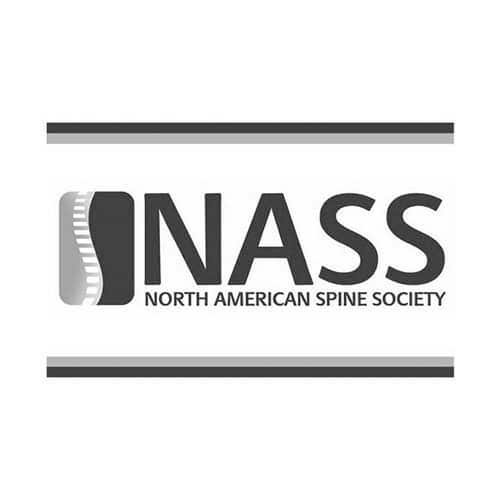Poor nutrition among patients is a common condition that accompanies spinal and back muscle pain. It may seem obvious, but staying hydrated is essential to living a pain-free and comfortable life. Furthermore, while we are wired as humans to enjoy more fatty and sugar-filled or salty foods, they should be used in moderation. But what steps can you take to improve your nutrition, and how can it help your back pain? Check out the details below to learn more.
Practicing Good Hydration Habits
Water can restore and revitalize every bodily system. Particularly regarding back pain, it helps maintain the vertebrae of our spines and keep the discs that support them in good working order. Lack of hydration can hasten the degradation of the spine and can compound the discomfort of preexisting conditions.
- How Hydration Affects The Spine: The spine of the body is very literally the core of your back and essential for posture. The discs of your spine are interspersed between the vertebrae and act as a sort of shock absorber for impacts and movement. The disc’s inner core is made of a jelly-like substance consisting of collagen and water that sits at the center of your spine’s strength. When the inner core is dehydrated, it can dry up and damage all of the surrounding structures, much like a cracked foundation can have ripple effects throughout a house. Maintaining proper lubrication and keeping your back’s discs from degrading over time is essential to keep that core well-hydrated.
- How Hydration Affects The Muscles Of The Back: Like the rest of your body, your back muscles require water to transport nutrients and are particularly sensitive to lack of hydration. Your muscles, particularly in your back, need an intricate system of bones and ligaments all working together, and a breakdown of any of these integral systems can result in pain and permanent damage. Increasing your water intake can increase the lubrication of the tendons, increase flexibility, and allow you to build up the muscles in your back, supporting your spine and reducing discomfort.
Diet Changes
The second half of the nutrition pipeline for reducing back pain is to make changes in your diet and ensure that you prioritize what your body needs. The nutrients you need most for maintaining a healthy spine are as follows:
- Protein: As the baseline component of every cell, protein helps keep your muscles and connective tissue strong and is essential in repairing damaged tissues after an accident or other painful event.
- Vitamins And Minerals: A, B6, C, E, zinc, iron, and copper are the most common vitamins and minerals for a baseline of good health. If you cannot get these via a proper diet, consider taking a daily vitamin supplement.
- Calcium: Drink your milk, or take calcium supplements to help with proper bone growth, restoration, and maintenance. Further, having solid bones can prevent further injury while protecting your body as you age.
- Anti-inflammatory Foods: Fruits, vegetables, legumes (lentils and beans), fish, and poultry can all have anti-inflammatory properties that lower swelling in the spine and surrounding muscles.
- Manage Your Stress: While not directly a food, stress, anxiety, and other conditions can impact your digestive system and hamper your body’s absorption of healthy foods, even if you already have a good diet.
Call Macomb Pain Management For More Back Pain Solutions
Looking for professional pain management and a hand to help you improve your back pain? Contact your pain management specialists at Macomb Pain Management and improve your quality of life today! We can be reached by phone today at (248) 844-8281.






